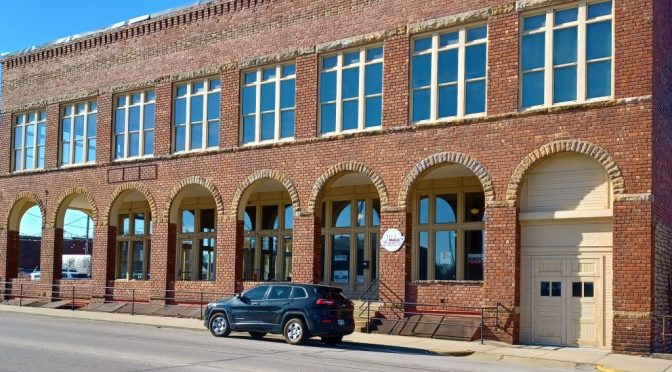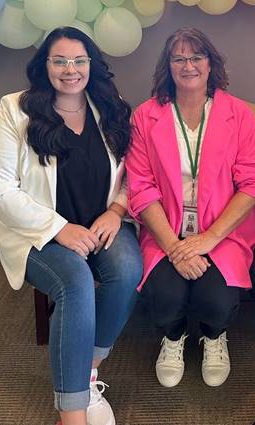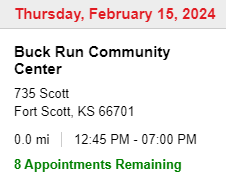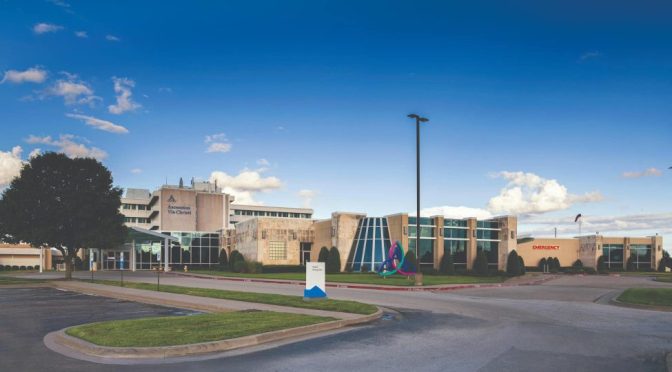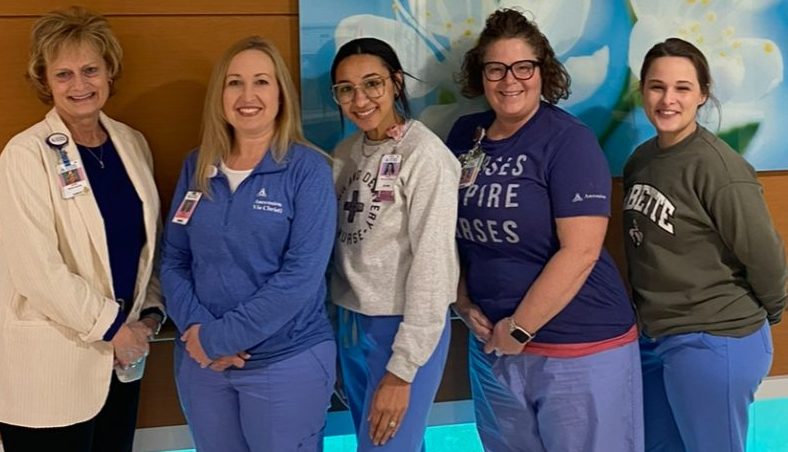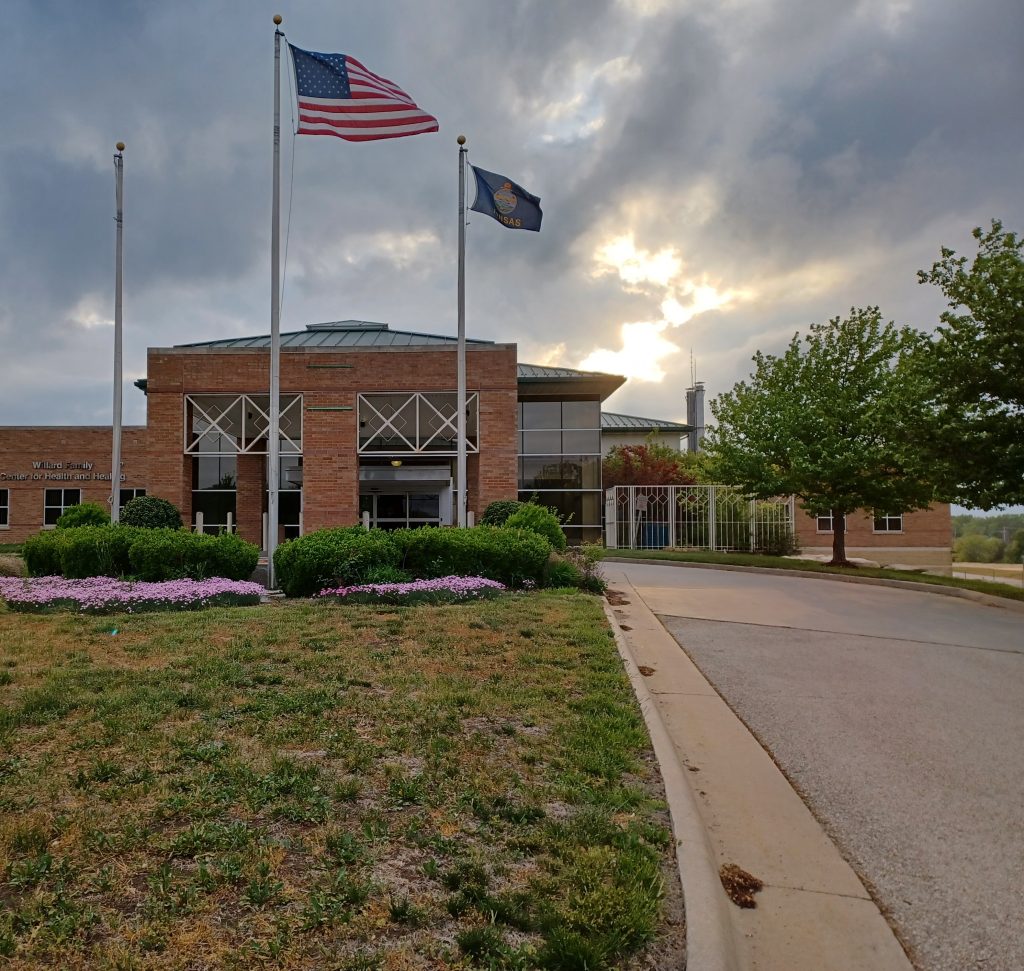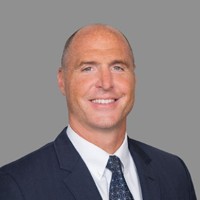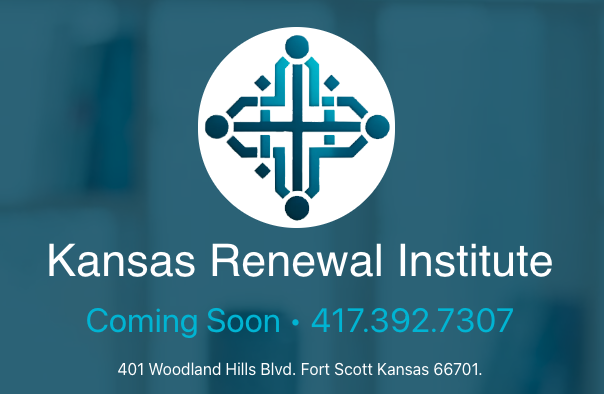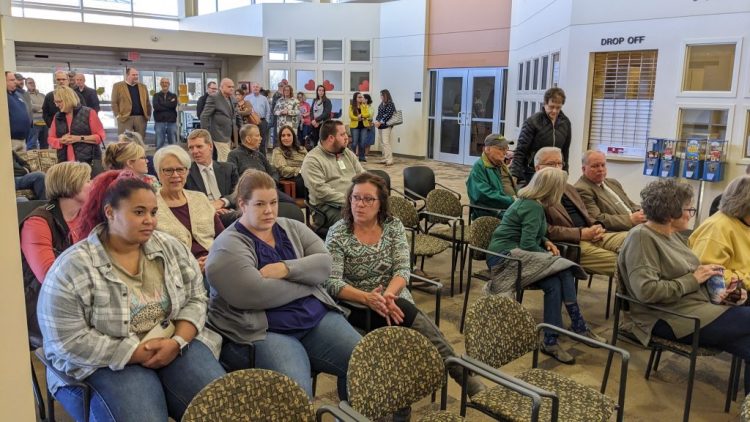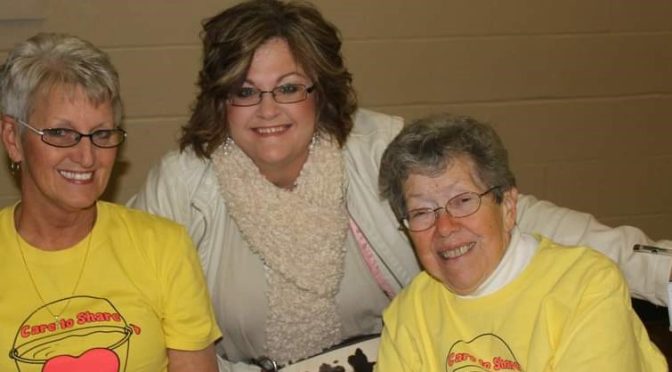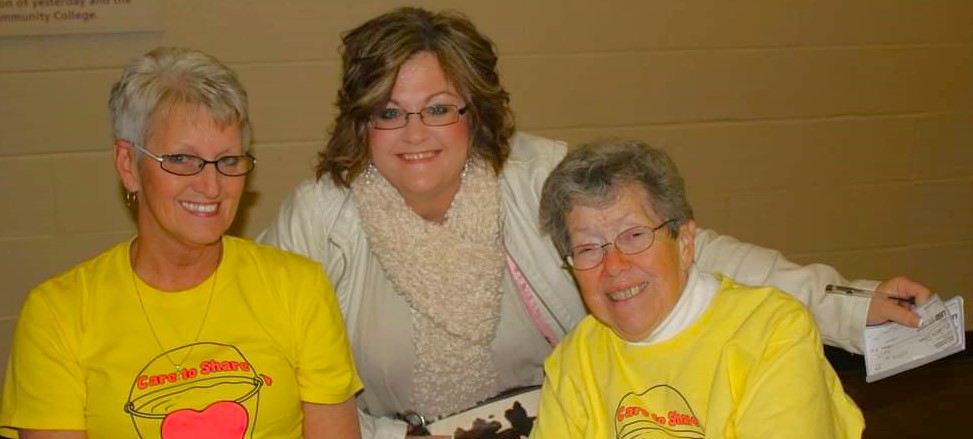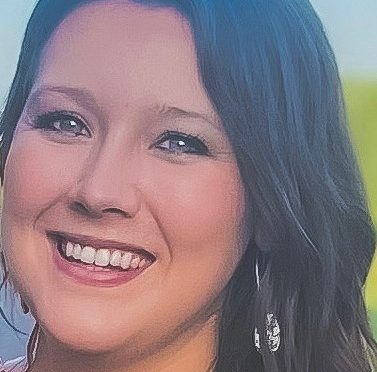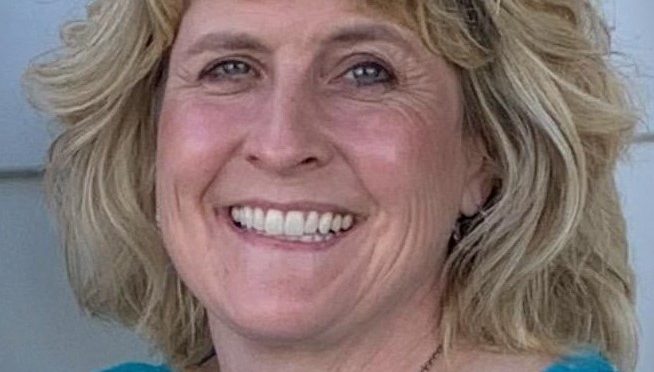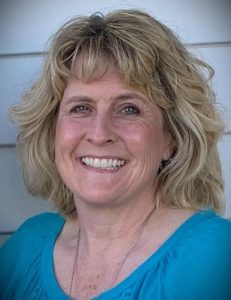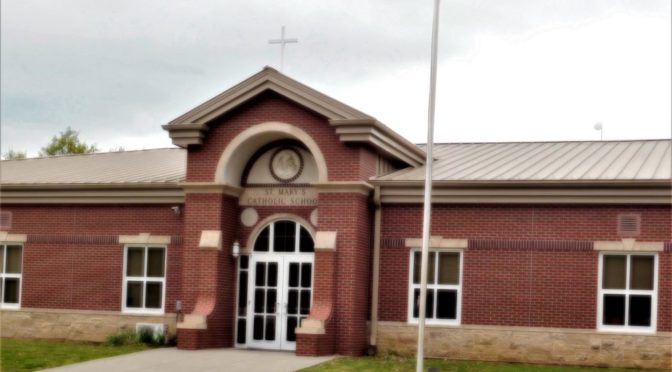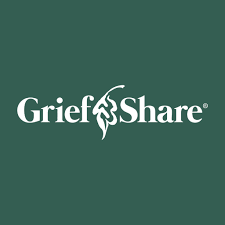Stopping tobacco use can help reduce your risk of developing heart disease, stroke, lung cancer, and other serious health problems. Within a few months after you stop smoking, you may notice improved breathing, circulation, and overall energy levels.
“There are so many benefits from stopping tobacco use,” Community Health Center of Southeast Kansas Clinical Pharmacy Services Manager Jennelle Knight, PharmD, CDCES, says. “It can improve your mental health, reduce stress and increase your lifespan. We at CHC/SEK are committed to assisting all who want to take back control of their health and gain freedom from tobacco.”
CHC/SEK helps patients take the first step towards stopping tobacco use including smoking, vaping, chewing and other forms of tobacco. The health center has a team of counselors, healthcare professionals, and peer support that can provide individual counseling, group counseling, nicotine replacement therapy and other resources.
Patients are provided with the information and support they need to make an informed decision about their health. Staff help patients develop a plan that is tailored to their individual needs. CHC/SEK offers several treatment options to help you stop using tobacco products.
Even for long-term heavy tobacco-users at any age, it can increase life expectancy. Additionally, stopping can improve quality of life as it can reduce the risk of respiratory infections, gum disease, and improve sense of smell and taste.
Tobacco Cessation Medications
Utilizing FDA-approved medication in addition to counseling can more than double your chances of success.
Nicotine replacement therapy (NRT) is a proven and effective way to stop using tobacco. It works by supplying the body with small doses of nicotine without the harmful chemicals found in tobacco. Nicotine is an addictive substance — tobacco contains harmful chemicals. These small doses of nicotine from NRT help reduce cravings and withdrawal symptoms associated with stopping the use of tobacco such as smoking, vaping, and chewing. NRT comes in various forms such as gum, lozenges, and patches.
There are also prescription-only treatment options available to help reduce withdrawal symptoms and cravings.
Health Benefits of Stopping Smoking
Stopping smoking can significantly reduce your risk of developing smoking-related diseases, even if you’ve smoked for many years. The health benefits start almost immediately after you stop smoking, and they continue to improve over time.
Within twenty minutes of stopping smoking, your heart rate and blood pressure drop. Within twelve hours, your carbon monoxide levels return to normal. Within two to twelve weeks, your circulation improves, and lung function increases. These improvements make it easier to exercise and breathe.
Health Benefits of Stopping Vaping
Stopping vaping can have tremendous health benefits, both in the short and long term. By stopping vaping, you are reducing the risks of lung, heart, and brain damage, improving your overall health and well-being.
Within twenty minutes of stopping vaping, your blood pressure and pulse return to typical levels, and the blood circulation throughout your body improves. Your lungs have already begun to clear out mucus and other debris that may have accumulated from vaping. Within 8-12 hours, the high levels of carbon monoxide in your blood significantly decrease, making more oxygen available quickly.
By stopping vaping, you give your body a chance to heal and recover from the damage caused by vaping. You will breathe easier, have more energy, and reduce your risk of developing chronic diseases.
Health Benefits of Stopping Chewing
Chewing tobacco is a harmful habit that can lead to serious health problems. Not only does it increase your risk of oral cancer, but it can also damage your teeth and gums, cause bad breath, and even contribute to heart disease and stroke.
Stopping chewing tobacco can have dramatic health benefits. Within just twenty minutes of stopping, your blood pressure and heart rate begin to reduce, and within a year, your risk of oral cancer decreases by half. Additionally, your sense of taste and smell will improve, and your teeth and gums will become healthier and less prone to decay.
